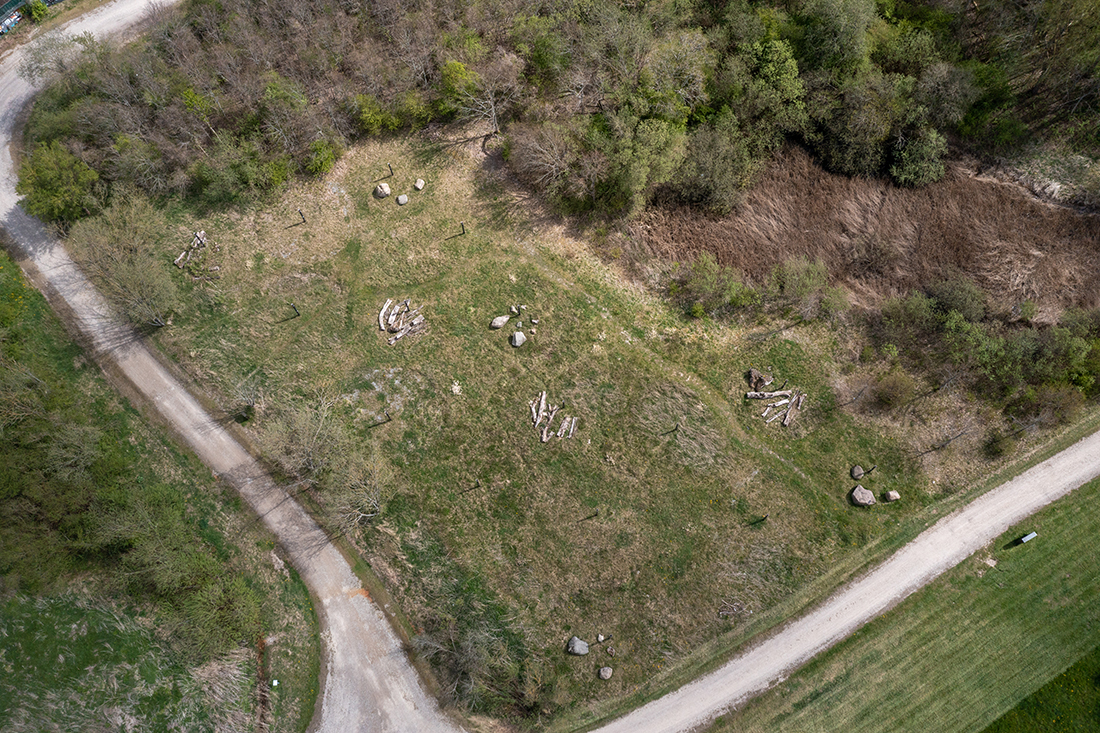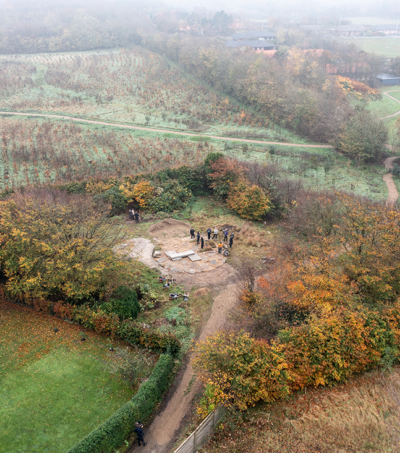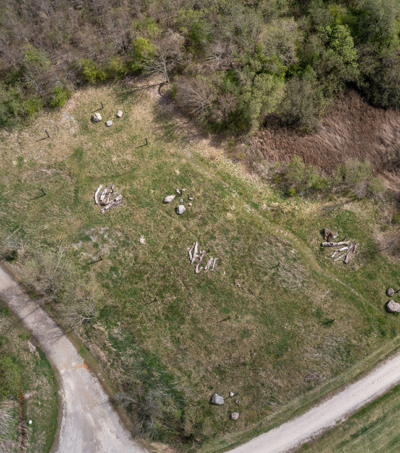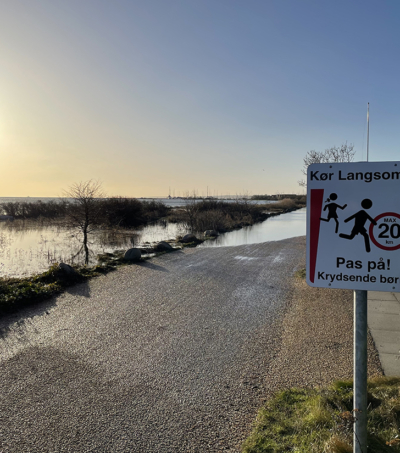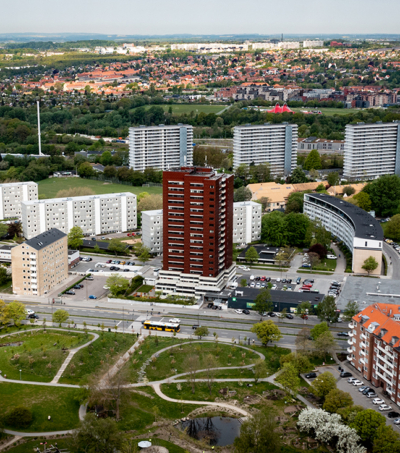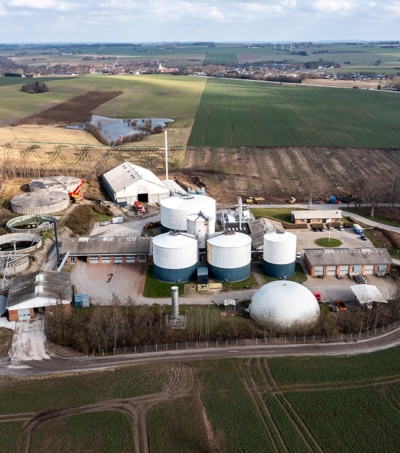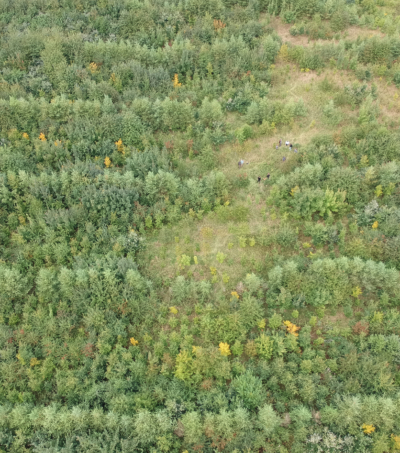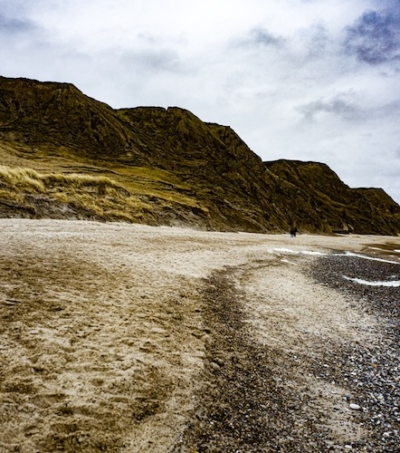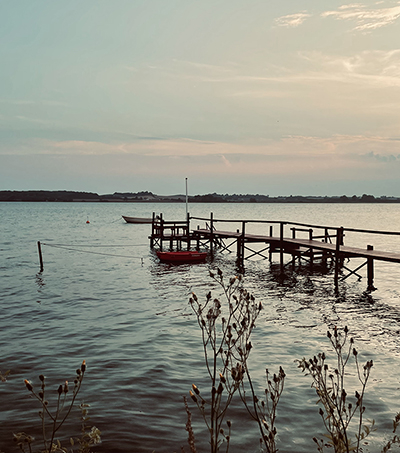In the landscape laboratories, six PhD students from all over Europe, from a landscape architectural perspective, explore how the existence of an interdisciplinary foundation might improve our understanding of the connectedness of people, animals, plants, water, air, soil, and technologies, and how a new understanding such as this might enrich the way we design sustainable and beautiful urban landscapes in the future. The researchers come from such diverse disciplines as philosophy, geology, anthropology, architecture, ecology, and sociology. The research is carried out as research by design and involves tests and site-based experiments within the landscape laboratories. This takes place in close collaboration with public authorities and local communities. These experiments provide a foundation for later deriving more generic and crosscutting strategies and methods.
The aims of LANDLABS are as follows: 1) Developing new interdisciplinary theoretical elements for site-based research and design, 2) Developing cross-disciplinary design scenarios and strategies, 3) Developing transferable design strategies for sustainable and beautiful urban landscapes in the Anthropocene by means of cross-disciplinary research by design.
LANDLABS combines different theories related to our understanding of the Anthropocene with site-specific design research in order to examine the theoretical foundation of various design strategies. Furthermore, LANDLABS investigates how the aesthetic aspects of such an approach might play a central role in the development of sustainable and beautiful urban landscapes. Finally, LANDLABS is a unique methodological study of how we can use specific locations as landscape laboratories. The project therefore contributes to methodological innovation within related disciplinary areas.
Visit the official LANDLABS website.
Facts
- Project title: LANDLABS
- Project manager (contact): Professor Tom Nielsen
- External partners: Leibniz University Hannover, UiT – The Arctic University of Norway, University of Ljubljana, University of Porto, TUW Wien (Vienna University of Technology), State Capital Hannover, Aarhus Municipality, Tromsø Municipality, Municipality of Piran, Municipality of Porto, and Vienna Municipality.
- Researchers from AAA who participate in the project: Associate Professor Stefan Darlan Boris, Professor Emeritus Niels Albertsen

